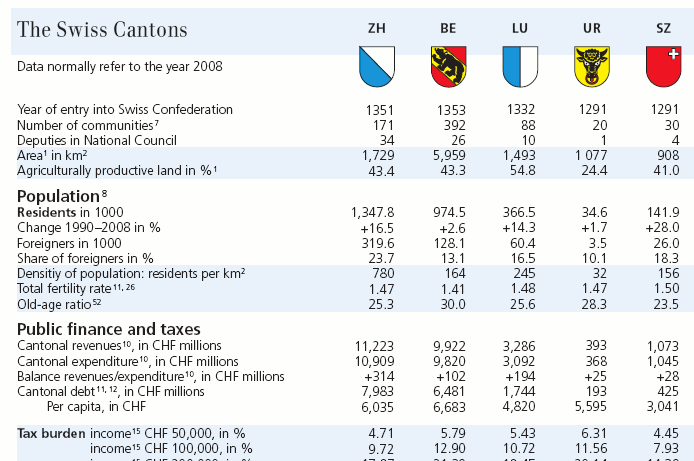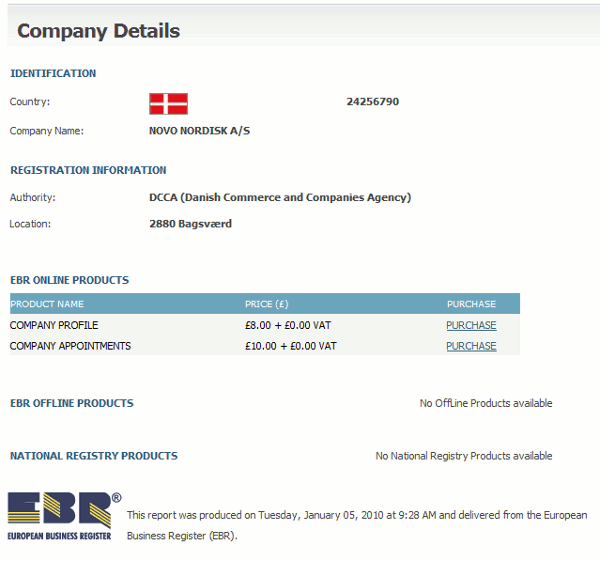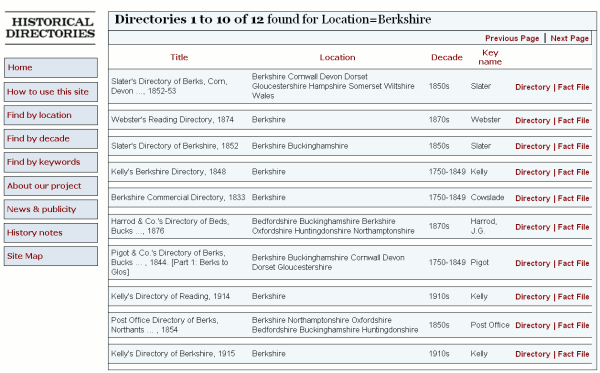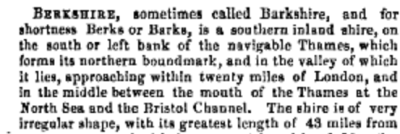Real Business reports that Business Link is yet another UK government service due for the chop. In an exclusive interview Mark Prisk, the business and enterprise minister, told Real Business ““We’re going to wind down the Regional Development Agencies, and as part of those, we’ll be winding down the regional Business Link contracts.” (Business Link to be axed http://realbusiness.co.uk/leadership/exclusive_business_link_to_be_axed).
Mark Prisk went on to say “The regional Business Links have spent too much time signposting and not enough time actually advising.” and that he envisages a “21st Century service” co-funded by the private sector and delivered online. The interview has been picked up by numerous blogs and the regional press, and comments have been both negative and positive. Some people have nothing but praise for their local Business Link whilst others report that the advice they received was useless and a waste of time. This reflects the mixed feedback I get from people who attend my business information workshops: the quality of the service varies widely depending on which Business Link you use and who you speak to.
Also worth reading is Real Business’s analysis of Business Link at “Business Link: never fit for purpose” at http://realbusiness.co.uk/leadership/business_link_never_fit_for_purpose.
So what is going to replace Business Link if anything? Mark Prisk is reported as saying that he envisages private-sector business support agencies, such as those linked to their local Chamber of Commerce, taking on a bigger role in providing face-to-face advice and networking. In addition the “21st century” approach will include an improved and easier to use desktop and mobile online service and a call centre that will provide “that little bit of extra advice”.
Oh joy! We can now look forward to being held in a call centre queue for half the day before we reach a “consultant” who then works through the mandatory script. Some questions are easy enough to pre-package and include in an FAQ, for example where to find information on a company or the latest changes in VAT regulations. But, to be honest, if you do not already know the answer to either of those the chances of your business surviving are slim. Would the call centre be able to handle more complex enquiries, though? How about explaining why information on a particular company is NOT available at Companies House and should you be worried that it isn’t, or where to find a list of the 100 best selling books on mind, body and spirit for the years 2005-2009?
I must admit that I have never used Business Links myself. They were not around when I started my business in 1989 and as I have worked in the information industry for over 25 years I know where to find the main sources of reliable business information. More importantly, personal and professional networks play a significant part in my intelligence and news gathering activities as they probably do for many other business people; and the use of social media is increasing. I wonder, then, how much impact if any the demise of the Business Links will have on SMEs and UK business in general.



